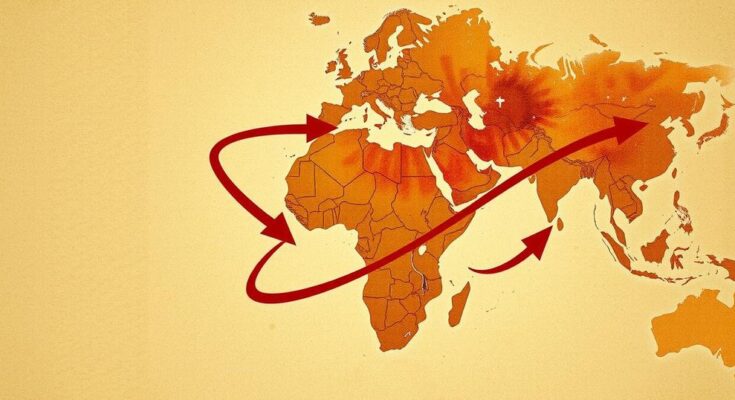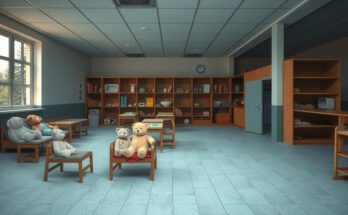Jordan is urged to take a proactive role in countering Israeli expansionism in southern Syria, especially following the visit of Syrian President Ahmed al-Sharaa to Amman. King Abdullah supported Syria’s territorial integrity and the return of refugees while addressing potential threats from HTS in the region. Increased collaboration with Turkey and leveraging community ties could facilitate Jordan’s involvement, critical for national security and regional stability.
Jordanian media reported minimally on Syrian President Ahmed al-Sharaa’s recent visit to Amman. King Abdullah condemned Israeli air strikes in Syria and reaffirmed support for Syria’s territorial integrity and the voluntary return of Syrian refugees. However, key discussions regarding Israel’s occupation in southern Syria and relations with the Druze were not extensively covered. This lack of attention may obscure Jordan’s stance on critical regional developments.
Sharaa’s visit was likely influenced by Israeli Prime Minister Benjamin Netanyahu’s declaration against allowing Hayat Tahrir al-Sham (HTS) to gain a foothold in southern Syria. Other Israeli officials expressed their intent to protect Druze and Alawite communities in Syria, indicating a potentially perilous agenda for Syria’s future, which could lead to sectarian divisions supported by the Israeli right.
Jordan and Turkey’s collaboration on southern Syria was underscored by Crown Prince Hussein bin Abdullah’s meeting with Turkish President Recep Tayyip Erdogan prior to Sharaa’s visit. The discussions likely centered on the strategic coordination needed in southern Syria, especially concerning the Druze province of Sweida and Israel’s objectives in the region.
This situation raises the question of Jordan’s readiness to engage actively in southern Syria in response to HTS requests. Involvement could entail influencing the Druze, stabilizing Daraa, or establishing a military presence along the Syria-Israel border, thereby countering Israel’s concerns about HTS and terrorism in the area.
Historically, Jordan has avoided military engagement in Syrian affairs, yet the current geopolitical landscape necessitates a reevaluation of this position. Should HTS call for assistance, Jordan’s engagement could reinforce national security interests while promoting Syria’s territorial integrity and counteracting Israeli narratives.
Additionally, Jordan’s relations with southern Syrian communities, particularly the Druze and Arab tribes, offer a foundation for collaboration with Damascus against Israeli expansion. The potential for legitimizing Jordanian involvement hinges on reaching agreements with Damascus and support from Turkey and other allies.
Timeliness is crucial; if discussions on Jordan’s role in southern Syria did not take place during Sharaa’s visit, they must be prioritized, possibly through Turkish mediation. Jordan’s inaction could lead to significant repercussions for both Syrian and Jordanian national security, particularly against the backdrop of Israeli political narratives that misrepresent HTS as extremist.
In summary, Jordan faces a pivotal moment with potential implications for regional stability concerning southern Syria. The recent visit by Syrian President Sharaa highlights the need for proactive Jordanian engagement in addressing Israeli expansionism and supporting Syrian territorial integrity. The influence of Turkey and the historical ties between Jordan and southern Syrian communities could facilitate a strategic response, ensuring Jordan’s national security and countering external narratives against regional alliances. Thus, timely dialogue and action are essential to secure Jordan’s interests amidst evolving geopolitical tensions.
Original Source: www.middleeasteye.net




